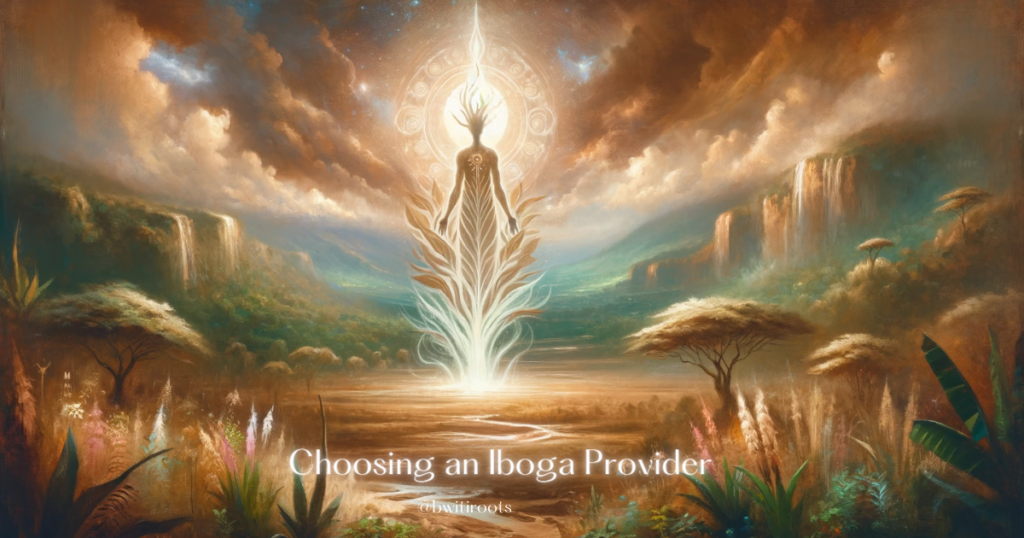When choosing an Iboga provider, it’s essential to consider several key factors. Iboga, a potent psychoactive plant from Gabon in Central Africa, and its derivative Ibogaine, are used for spiritual practices and addiction treatment. Understanding the differences between traditional Iboga providers and Ibogaine clinics, as well as other crucial aspects, is a significant step in choosing an Iboga provider that suits your needs.
Iboga or Ibogaine?
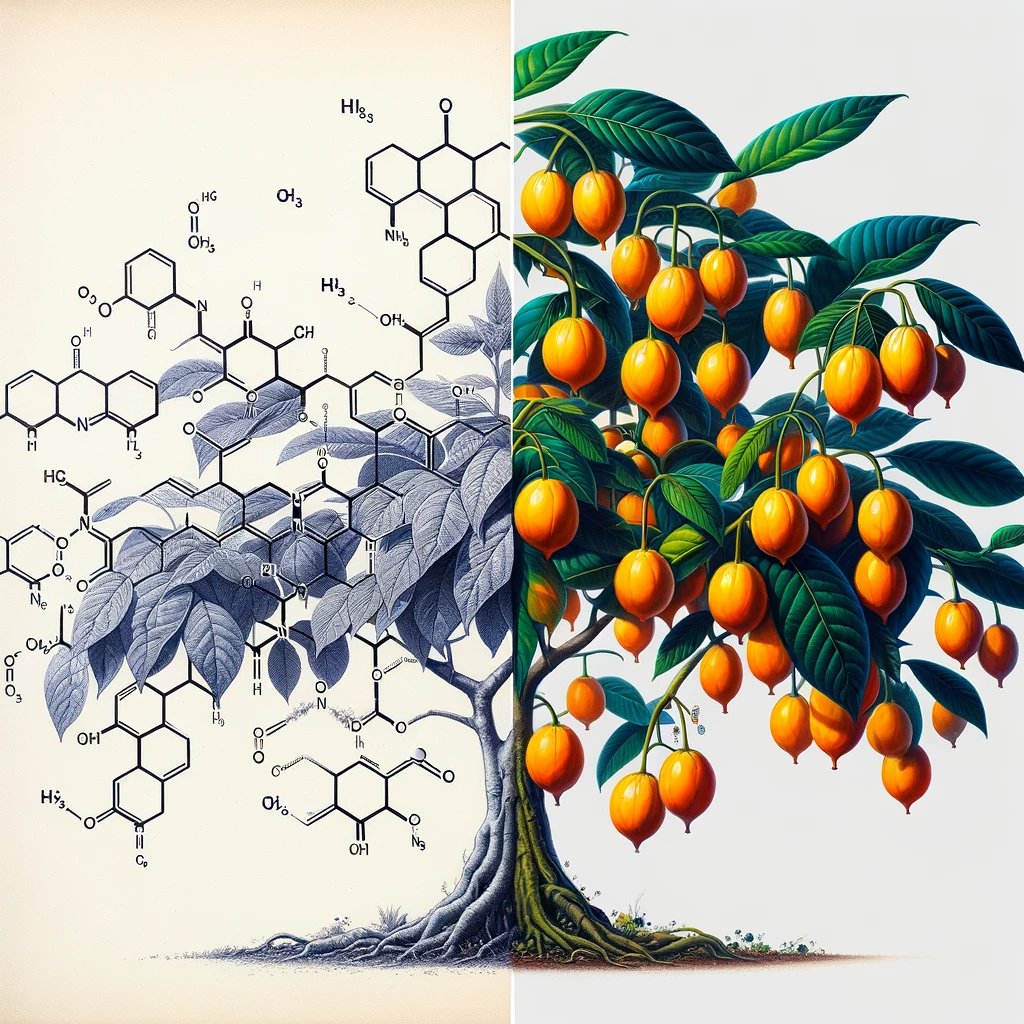
Traditional Iboga Providers:
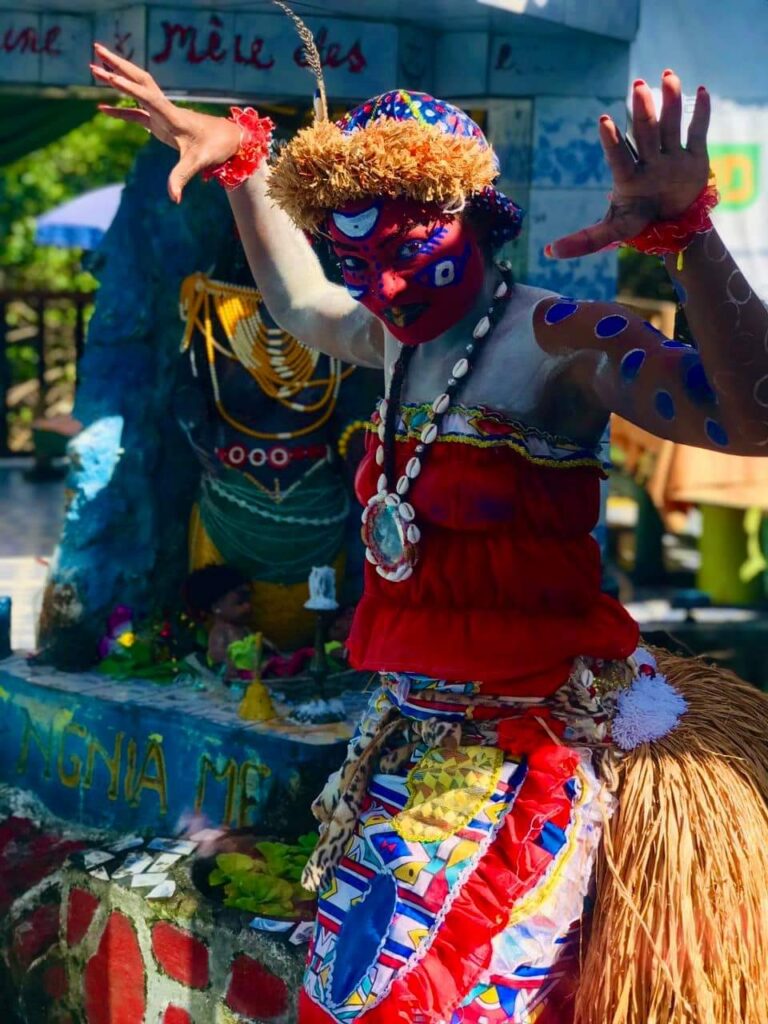
In these traditional settings, the use of Iboga is much more than a clinical treatment. It’s a holistic journey that encompasses spiritual teachings, ancestral wisdom, and deep personal introspection. Participants are guided through rituals and ceremonies that have been passed down through generations, offering a unique opportunity to connect with a lineage of spiritual knowledge.
This form of practice is ideal for individuals seeking not just healing but also a profound, authentic cultural and spiritual journey. When choosing an Iboga provider for such an experience, it’s important to look for someone who not only understands the nuances of the Iboga plant but also reveres and upholds the traditions and rituals of the Bwiti practice. This ensures an experience that is rooted in authenticity, respect, and deep spiritual connection.
Ibogaine Clinics:
Alternatively, when choosing an Iboga provider for addiction treatment, Ibogaine clinics might be preferable. These clinics specialize in using Ibogaine for treating severe addictions, especially long-acting opioids, offering advanced detox techniques and comprehensive addiction support.
Your decision in choosing an Iboga provider should be based on the nature of your addiction and your preference for a traditional or medicalized approach.
To find out more about Iboga and Ibogaine, we recommend reading: “Pharmacodynamics and Therapeutic Applications of Iboga and Ibogaine”
Training
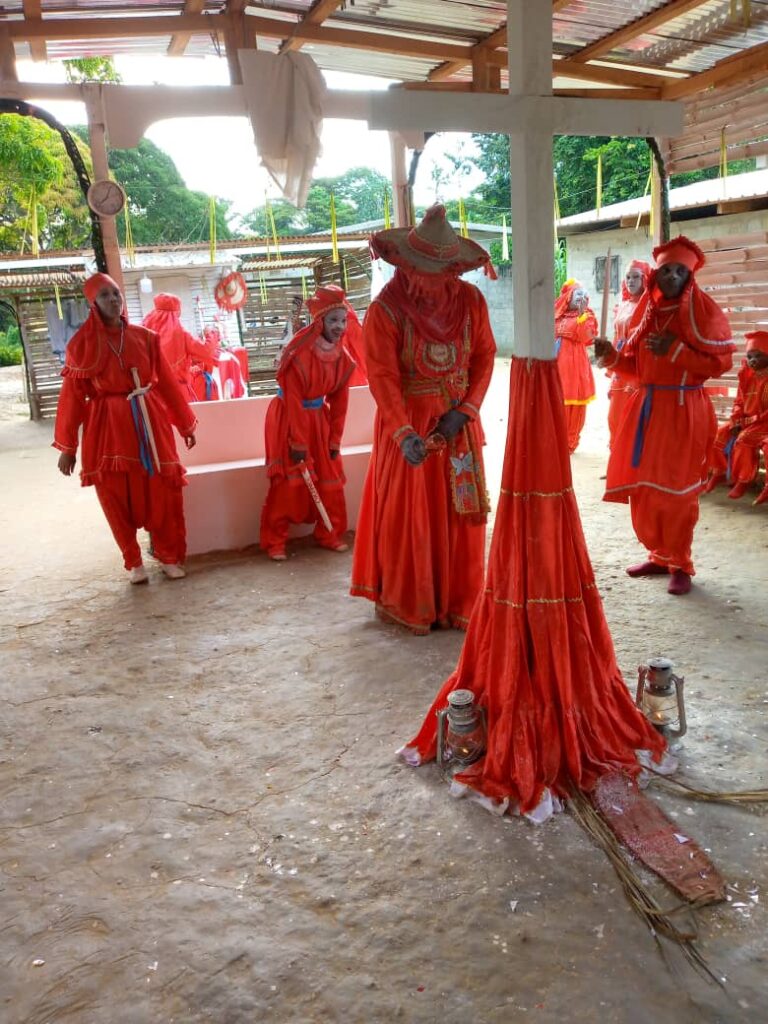
When delving into the training of a potential Iboga provider, it’s essential to recognize this aspect as a fundamental pillar in your decision-making process. The depth and authenticity of a provider’s training play a critical role in ensuring a safe and meaningful Iboga experience. Authentic practitioners should not only be knowledgeable but also completely transparent about their educational and spiritual lineage, which includes several key elements:
Their Bwiti Master’s Identity
An authentic Iboga provider should be able to openly share the identity of their Bwiti master. This information is crucial because it reflects the lineage of knowledge and the specific teachings they have received. Knowing who has mentored and guided your provider offers insights into the depth and authenticity of their practice.
The Specific Bwiti Branch
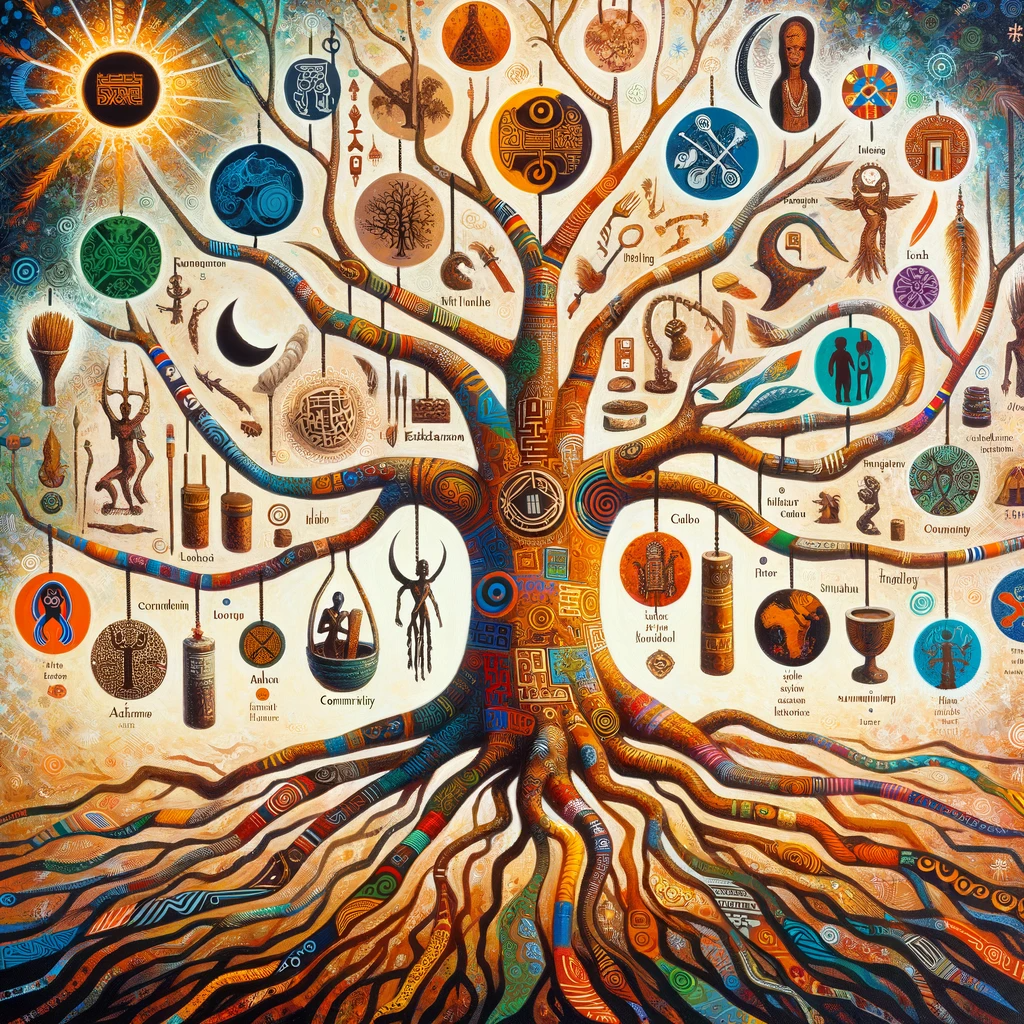
There are various branches within the Bwiti tradition, each with its unique practices and teachings. When choosing an Iboga provider, understanding the specific branch they are trained in can help you align your expectations with the type of experience and approach they offer. This knowledge also assures that the provider’s practices are rooted in a recognized and respected tradition.
Lineage and Connection to Bwiti Elders

A genuine connection to the lineage and ongoing relationships with Bwiti elders are markers of a provider deeply embedded in the tradition. This connection is not just about training; it’s about ongoing mentorship, spiritual accountability, and adherence to the evolving wisdom of the Bwiti elders. It also signifies a provider’s commitment to maintaining the integrity and purity of the practices as handed down through generations.
When choosing an Iboga provider, ensure they are either directly connected to a Bwiti lineage or have been granted permission to serve the medicine by Bwiti elders and ancestral spirits. This connection guarantees the ceremonial protection and overall safety of the Iboga experience.
Integrity

Assessing the integrity of a provider is crucial. Understand their motivations for becoming a provider. Are they driven by financial gain, or do they have a genuine desire to help and heal? Be cautious of those who might exploit the vulnerabilities of their clients. A provider’s character and intentions are as important as their skills in administering the medicine.
Sustainability
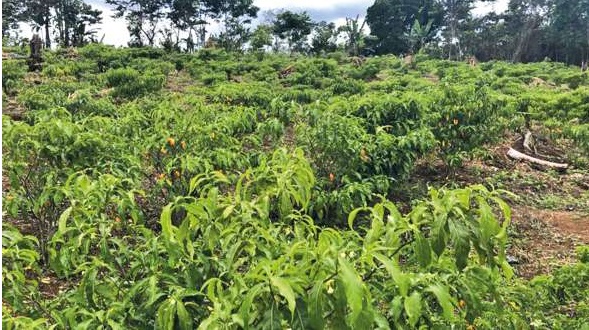
Given the endangered status of Iboga due to overharvesting, it’s important to ensure that your provider sources Iboga sustainably. Ethical providers will be transparent about their sourcing and should be able to demonstrate that their practices do not contribute to the depletion of wild Iboga.
Here is an example of the type of action an ethical Iboga provider should be supporting.
Always ask a provider what actions they take to ensure the sustainability of Iboga. The should be able to show you if they donate to a particular project.
Reciprocity
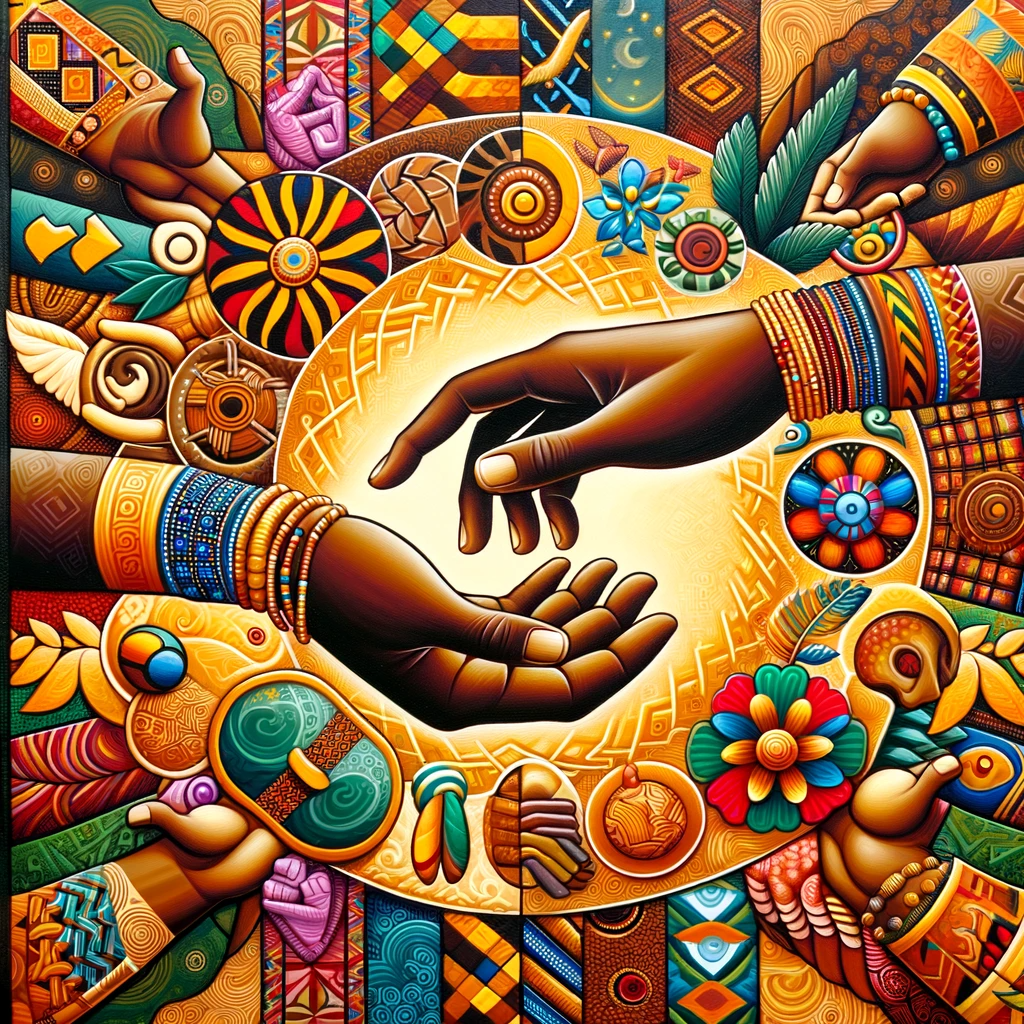
A responsible Iboga provider will have a clear policy on how they give back to the Bwiti communities and contribute to Iboga’s sustainability. This aspect is crucial in choosing an Iboga provider, as it reflects their broader commitment to the welfare of the plant and its cultural heritage.
Client Reviews
Finally, research client reviews. Look for testimonials that speak to both the provider’s service and integrity. Pay attention to negative reviews as well; they can offer a different perspective. If there are concerning reviews, consider discussing them with the provider to gauge their response and honesty.
